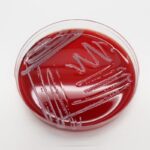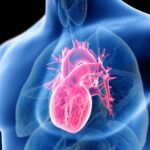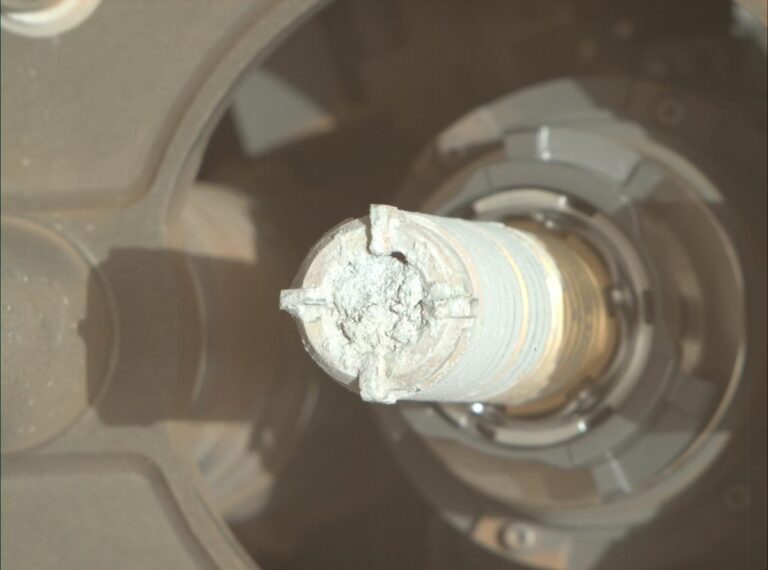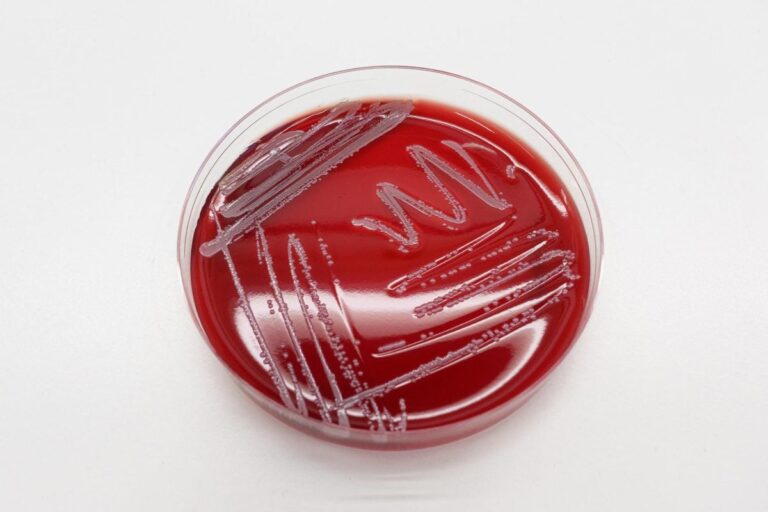Coffee is one of the most widely consumed beverages worldwide, but did you know it could also help reduce your risk of cancer? Research suggests that daily coffee consumption may provide protective benefits against various types of cancer due to its high antioxidant content, anti-inflammatory properties, and ability to enhance DNA repair mechanisms.
In this article, we explore the scientific evidence behind coffee’s cancer-fighting potential, the best ways to consume it for maximum benefits, and how much you should drink to maintain a healthy balance.
The Science Behind Coffee’s Cancer-Fighting Properties
Coffee is rich in bioactive compounds such as polyphenols, chlorogenic acids, and caffeine, which work together to protect cells from oxidative stress and inflammation—two key contributors to cancer development. Let’s take a closer look at how coffee plays a role in reducing cancer risk.
1. High in Antioxidants That Combat Free Radicals
Oxidative stress occurs when free radicals damage cells, increasing the risk of mutations that lead to cancer. Coffee is one of the richest sources of antioxidants, which help neutralize these harmful molecules and protect healthy cells.
2. Supports Liver Health and Reduces Liver Cancer Risk
Liver cancer is one of the most common and deadly cancers, but studies show that coffee drinkers have a lower risk of developing it. Regular coffee consumption helps improve liver enzyme levels, reduce fat buildup, and lower inflammation, all of which contribute to a healthier liver.
3. May Lower the Risk of Colorectal and Stomach Cancer
Colorectal and stomach cancers are among the leading causes of cancer-related deaths worldwide. Research indicates that coffee may reduce the risk of these cancers by supporting gut health, improving digestion, and reducing inflammation in the gastrointestinal tract.
4. Helps Regulate Hormone Levels to Prevent Breast and Endometrial Cancer
Hormone-related cancers, such as breast and endometrial cancer, have been linked to high estrogen levels. Certain compounds in coffee help regulate estrogen metabolism, reducing the risk of these hormone-driven cancers.
5. Aids in DNA Repair and Cellular Protection
One of the most significant benefits of coffee is its ability to enhance DNA repair. Damage to DNA can lead to genetic mutations that increase cancer risk. Coffee’s bioactive compounds support the body’s natural repair mechanisms, helping to prevent cell mutations.
How Much Coffee Should You Drink for Cancer Prevention?
While coffee has many health benefits, moderation is key. According to various health studies, consuming 2-4 cups of coffee per day is associated with the greatest protective effects against cancer. However, excessive coffee intake can lead to potential side effects such as insomnia, increased heart rate, and digestive issues.
Best Practices for Healthy Coffee Consumption
Drink black coffee or add minimal sugar and milk to avoid excess calories.
Choose organic coffee to reduce exposure to pesticides and chemicals.
Avoid excessive caffeine intake—if you’re sensitive, consider switching to decaf after midday.
Pair coffee with a healthy lifestyle, including a balanced diet and regular exercise, to maximize its cancer-preventive effects.
Final Thoughts: Can Coffee Really Reduce Cancer Risk?
While no single food or beverage can completely prevent cancer, research suggests that drinking coffee daily can contribute to a lower risk of several types of cancer. Thanks to its high antioxidant levels, anti-inflammatory properties, and ability to support liver and DNA health, coffee is more than just a morning energizer—it’s a potential ally in cancer prevention.
If you’re a coffee lover, you now have another great reason to enjoy your daily cup! However, always consult your doctor before making major dietary changes, especially if you have existing health conditions.
Would you like me to optimize this article with specific keywords for better SEO performance?

















+ There are no comments
Add yours